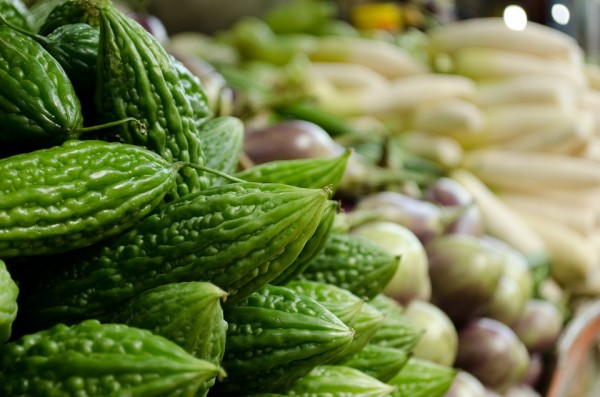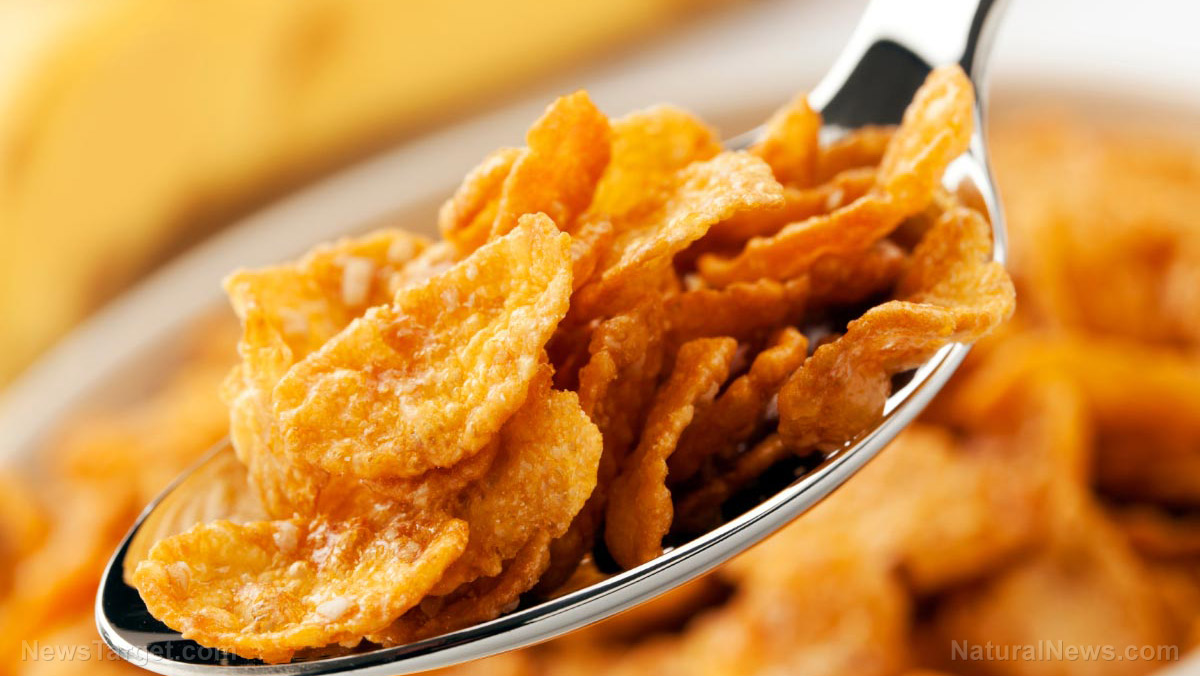Stop overlooking this powerful medicinal melon in your grocery store
02/28/2017 / By Tracey Watson

You may never have heard of Momordica charantia, also known as bitter melon, bitter gourd, bitter squash or balmspear, but it has been a medicinal staple in India and China for hundreds of years, and its health benefits are far sweeter than its name may suggest.
The bitter melon is a tropical fruit that can be eaten whole or can be purchased as a supplement derived from the fruit and seeds. In addition to being both an antioxidant and anti-inflammatory, the bitter melon has also been proven to be a powerful weapon in the fight against several cancers, including pancreatic cancer.
The website Cancer.net reveals that approximately 53,070 adults, including 27,670 men and 25,400 women, die from pancreatic cancer each year. It is the 9th most common cancer in women, and the 4th most common overall among both men and women.
New hope in the fight against this deadly form of cancer was unveiled in 2013, when the University of Colorado Cancer Center published a study in the journal Carcinogenesis entitled “Bitter melon juice prevents pancreatic cancer in mouse models.”
The researchers discovered that when they administered 5mg of freeze-dried bitter melon juice to mice with pancreatic tumors once a day, their tumors reduced by 64 percent more than those of untreated mice. In contrast, the tumors of mice that were given a chemotherapy drug only shrank by 52 percent. Scientists determined that the bitter melon juice restricted the ability of pancreatic cancer cells to metabolize glucose, effectively starving and eventually killing those cells. On a side note, the mice that received the bitter melon juice were also 60 percent less likely to develop diabetes than the control mice.
“It’s a very exciting finding,” said Rajesh Agarwal, co-program leader of Cancer Prevention and Control at the CU Cancer Center and professor at the Skaggs School of Pharmacy and Pharmaceutical Sciences. “Many researchers are engineering new drugs to target cancer cells’ ability to supply themselves with energy, and here we have a naturally-occurring compound that may do just that.”
Another study is currently underway at the St. Louis University under the leadership of Dr. Ratna Ray, Ph.D. The study is investigating whether bitter melon could be used to prevent not just pancreatic, but also prostrate and other forms of cancer, including head and neck cancers. Dr. Ray believes that since bitter melon has demonstrated the ability to provoke apoptosis (cell death) in many types of cancer, it holds great potential for the future of all cancer treatment.
The benefits of bitter melon go way beyond cancer prevention and treatment. This amazing fruit can also break down kidney stones, helping the body to rid itself of them naturally, while reducing the acid that often contributes to the development of these painful stones in the first place. It also helps reduce dangerously high cholesterol levels naturally, without the need for dangerous statin medications.
Those suffering from skin conditions, including eczema, psoriasis and acne, can benefit from the “glowing” effects of consuming bitter melon.
Bitter melon is also both very low in calories and very filling, making it an excellent choice for those hoping to lose weight. And the same properties that make it a potent diabetes fighter also aid in weight loss. (RELATED: Did you know that bitter melon is a more powerful weapon against type 2 diabetes than prescription medications? Find out more here.)
Other benefits of this true superfood include preventing or alleviating food allergies; ridding the body of yeast infections; relieving acid indigestion and reflux; and boosting Vitamin K levels, thereby reducing pain and inflammation in the joints.
A closer look at this funny looking fruit with the bitter name proves it to be a truly powerful natural medication that we should all try to incorporate in our diets.
Find more news on healing vegetables at Veggie.news.
Sources for this article include:
Submit a correction >>
Tagged Under:
bitter melon, cancer, diabetes, natural remedies, pancreatic cancer, weight loss
This article may contain statements that reflect the opinion of the author
RECENT NEWS & ARTICLES
COPYRIGHT © 2017 TOP 10 GROCERY SECRETS





















